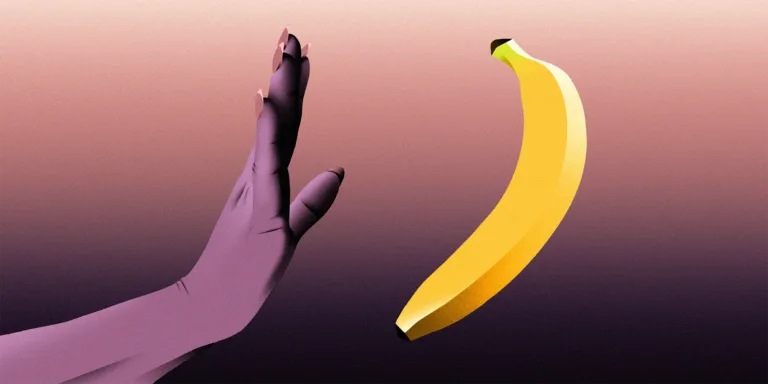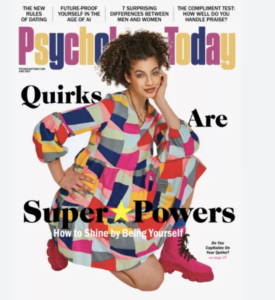
Good Sex with Emily Jamea: Starting Again — Navigating Sex and Dating After Divorce or Loss
Janeane, a new client, sat across from me in my

At the end of 2022, Skylar Lee Blackman quit sex.
The 23-year-old small-business owner in Los Angeles had found herself caught in a cycle of unfulfilling hookups and flings that she said left her feeling unhappy, emotional, and disrespected.
So she decided to take a break — not forever, but long enough to try to heal her past sexual traumas, reevaluate her relationship with men, and establish firmer boundaries for herself and her body. On the first day of 2023, she began her “celibacy journey,” which she plans to continue for the rest of the year.
Blackman is one of a growing number of Gen Z women who’ve decided they’re going to take a break from sex, an idea some are dubbing their “celibacy era” or “celibacy journey.” For some, it’s a statement against casual sex — a middle finger to men who they feel value them only for their bodies. To others, it’s a means to recoverfrom bad hookups or bad relationships, especially if they’ve been layered on top of previous sexual traumas.
For these women, “celibacy is kind of like a return to femininity and tenderness and care and softness that they did not feel safe enough or comfortable enough to feel in their past relationships,” Sabrina Flores, a trauma-informed relationship coach, told Insider. “It’s not only a total reclamation of bodily autonomy, but also sexual autonomy.”
In interviews with four celibate Gen Z women, all told Insider that their choice didn’t primarily stem from religious beliefs. Instead, they hoped to reevaluate their relationship with men: a sort of “Dry January” for sex. Some have given themselves a designated timeline for a break — say, six months or a year. Others are simply abstaining until they feel they’re ready to experience intimacy again.
The movement has taken off on TikTok, where #celibacyjourney has nearly 40 million views, and videos of women discussing celibacygarner hundreds of thousands of views and hundreds of comments. While some men have posted about it, the majority of posts appear to be from young, heterosexual women — often seeking to address the role that patriarchy and misogyny has played in their sexuality, Flores said.
Some therapists and researchers told Insider that long-term celibacy may not be the healthiest way to cope with negative sexual experiences. But the four women interviewed by Insider said that the experience has shifted their perspective on sex.
“I finally got to a point where I was like, ‘I’m done being a toy,'” Blackman told Insider. “I can choose not to give my body to someone, and I can choose to take back my power.”
There’s no doubt about it: Young people are having less sex than they used to. As Insider previously reported, a 2021 study from researchers at Rutgers University and the University at Albany found that 18- to 23-year-olds were having significantly less casual sex than people of the same age were a decade ago. A recent surveyof more than 10,000 users of the dating app Bumble found that 34% of respondents were not having sex.
Celebrities are taking part, too. The model Amber Rose said on a podcast that she doesn’t “want to have sex,” and the actress Julia Fox told Elle in February that she currently has no interest in dating or having sex. (“I feel like knowingly engaging in a heterosexual relationship, you are signing yourself up for an unhealthy dynamic,” she said.)
Researchers have posited that the rise in sexlessness could be linked to decreasing alcohol consumption among young people and an increase in time spent on social media. But for the young celibate women interviewed by Insider, it’s a direct reaction to feeling oversexualized and undervalued by their male counterparts.
“I can recall when I first began the journey, just feeling like, ‘Oh my gosh, all they see is a coochie,'” said Cindy Noir, a 26-year-old entrepreneur and content creator in Dallas. “They don’t see my brain, they don’t see that I’m funny. They don’t see that I’m a whole person outside of what they can get access to.”
To read more about the downsides to this way of thinking that Dr. Emily points out, read the whole article at Insider.com.

Janeane, a new client, sat across from me in my

My young, single clients are fed up. Their tales of

Sex therapist Emily Jamea, PhD, says this proposition tends to